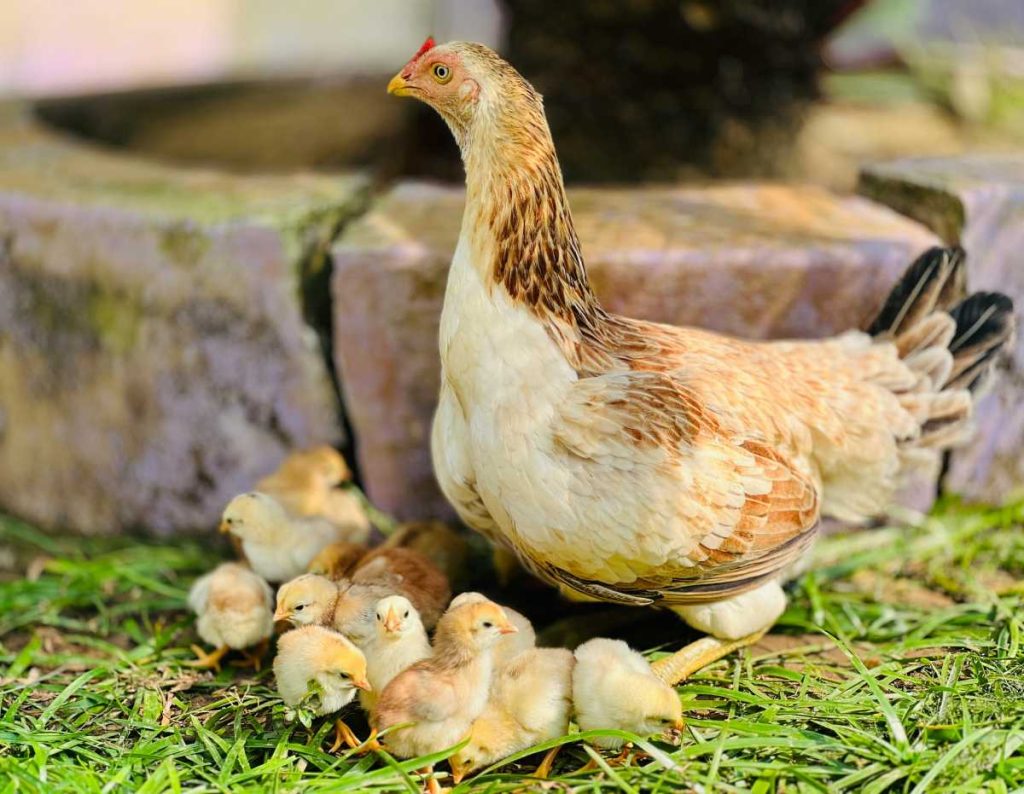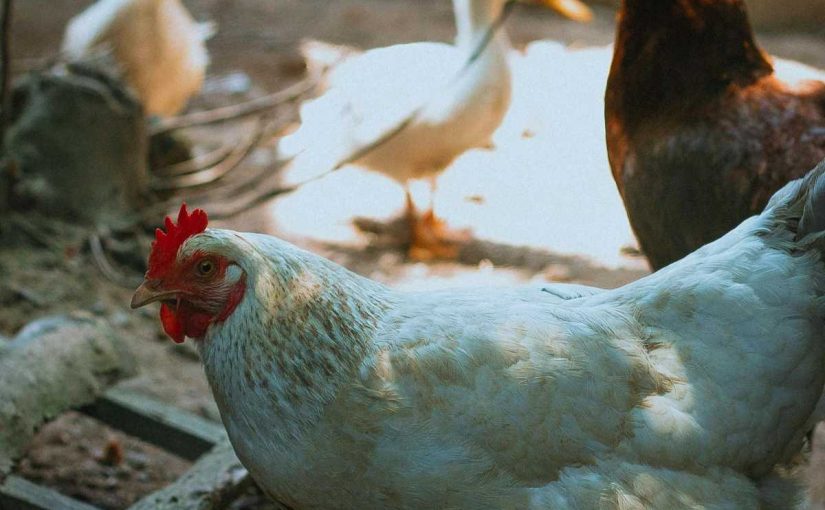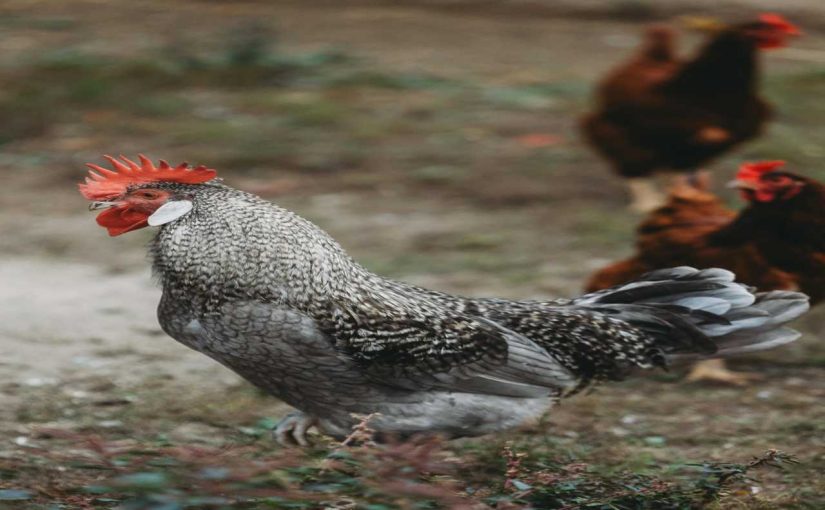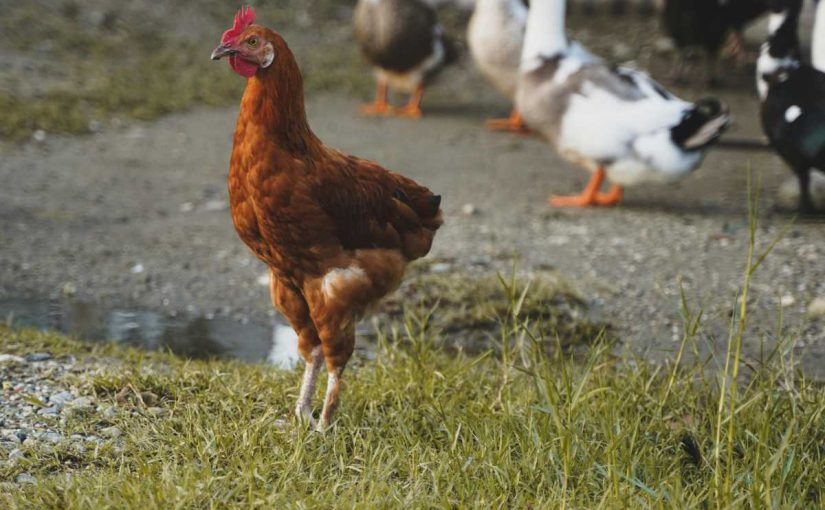Raising chickens can be a rewarding experience, but it also comes with the responsibility of ensuring their health and well-being. Chickens are generally hardy animals, but they can become ill, and it’s crucial to recognize the signs early on. Here are five common signs of illness in chickens, along with tips on how to treat them.
1. Changes in Appetite or Weight Loss
Signs to Look For:
- Decreased food intake or refusal to eat
- Noticeable weight loss or a lack of weight gain in growing chicks
- Picking at food but not consuming it
Possible Causes:
- Illness such as coccidiosis, worms, or bacterial infections
- Stress from environmental changes or poor housing conditions
- Dietary deficiencies or unpalatable feed
Treatment:
- Isolation: Separate the affected chicken to monitor its condition and prevent the spread of illness.
- Veterinary Care: Consult a vet to diagnose the problem and recommend appropriate treatments, such as deworming medications or antibiotics.
- Diet Improvement: Ensure a balanced diet with access to fresh, clean water. You may also consider introducing supplements, such as vitamins or electrolytes.
2. Respiratory Issues
Signs to Look For:
- Coughing, sneezing, or wheezing
- Nasal discharge or watery eyes
- Open-mouth breathing or extended necks
Possible Causes:
- Respiratory infections, such as infectious bronchitis or mycoplasma
- Poor ventilation or high humidity levels in the coop
- Exposure to dust, mold, or ammonia fumes
Treatment:
- Improve Ventilation: Ensure that the coop is well-ventilated to reduce humidity and airborne pathogens.
- Isolate Affected Birds: Separate sick chickens to prevent the spread of illness.
- Consult a Veterinarian: Seek professional advice for proper diagnosis and treatment, which may include antibiotics or anti-inflammatory medications.
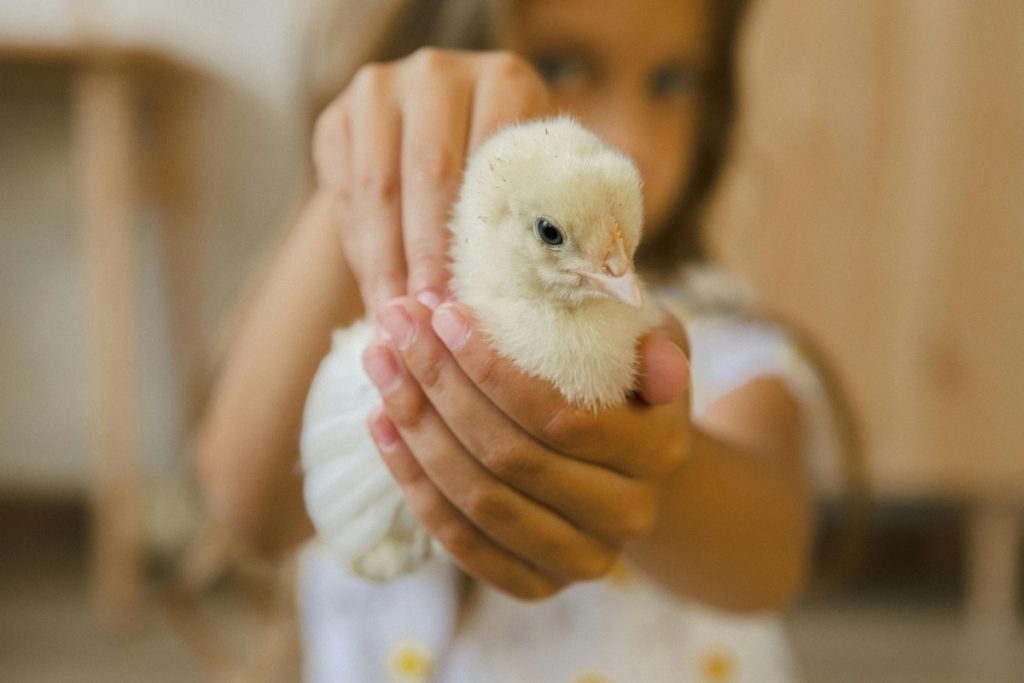
3. Changes in Egg Production
Signs to Look For:
- Sudden drop in egg production or complete cessation
- Abnormal egg shapes, sizes, or colors
- Presence of blood or abnormalities in eggs
Possible Causes:
- Stress from environmental changes, such as weather or housing
- Illnesses like infectious bronchitis or egg drop syndrome
- Nutritional deficiencies or lack of proper lighting
Treatment:
- Assess Environment: Check for sources of stress, including temperature fluctuations, overcrowding, or bullying by other birds.
- Nutritional Evaluation: Ensure the hens are receiving a balanced diet with adequate calcium and protein.
- Consult a Vet: If changes persist, seek professional help to rule out infections or diseases.
4. Diarrhea or Abnormal Droppings
Signs to Look For:
- Watery, runny droppings that differ from the usual consistency
- Presence of blood or unusual colors (green, yellow, or white)
- Foul odor in droppings
Possible Causes:
- Intestinal parasites, bacterial infections, or viral infections
- Dietary changes or spoiled feed
- Stress or sudden changes in environment
Treatment:
- Diet Review: Analyze recent dietary changes and adjust as necessary. Ensure access to clean, fresh water.
- Medication: Consult a veterinarian for fecal testing and appropriate deworming or antibiotic treatments if needed.
- Hygiene Practices: Maintain a clean coop and remove droppings regularly to minimize the risk of spreading disease.
5. Lethargy and Behavioral Changes
Signs to Look For:
- Reduced activity levels or reluctance to move
- Sitting or huddling alone, away from the flock
- Changes in social interactions or aggression towards other birds
Possible Causes:
- Illness such as avian influenza or other infections
- Pain or discomfort due to injury or illness
- Stress from environmental factors or bullying
Treatment:
- Isolation: Separate lethargic chickens to monitor their behavior and prevent the spread of illness.
- Environmental Assessment: Check for potential stressors, such as overcrowding, poor ventilation, or aggressive flock members.
- Veterinary Consultation: Seek a professional diagnosis to address underlying health issues or injuries.
Conclusion
Being vigilant about the health of your chickens is crucial for their well-being and productivity. By recognizing the signs of illness early and taking appropriate action, you can effectively manage their health. Regular check-ups, maintaining a clean living environment, and providing a balanced diet will help keep your flock happy and healthy. Always consult a veterinarian for persistent or severe symptoms to ensure your chickens receive the best care possible.

